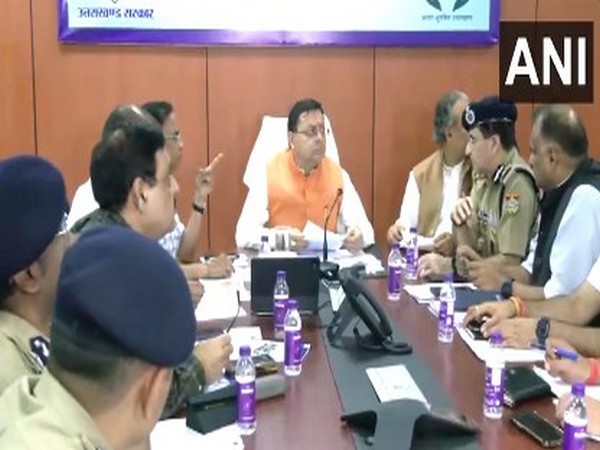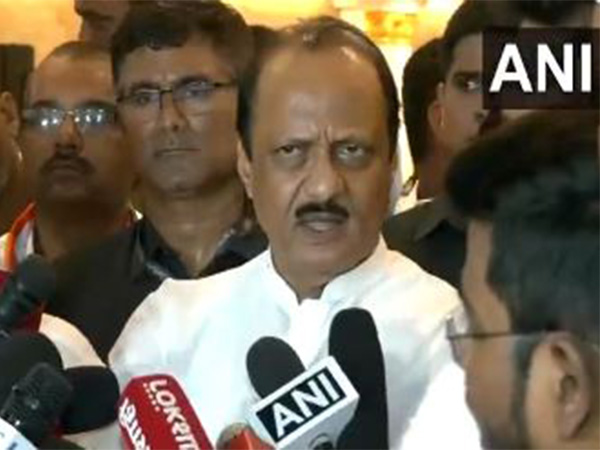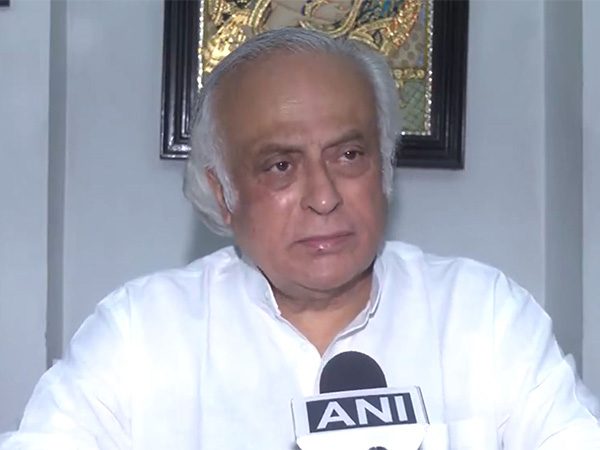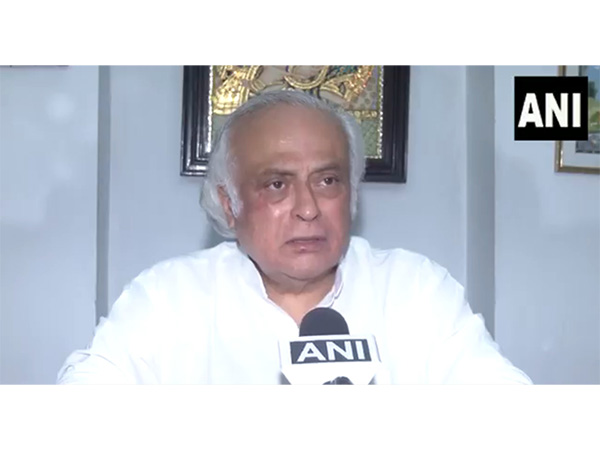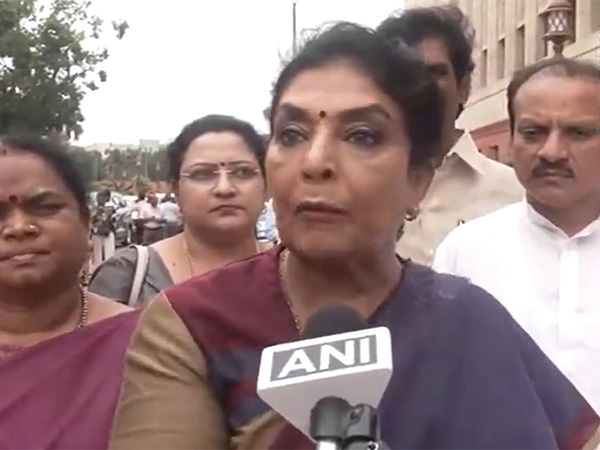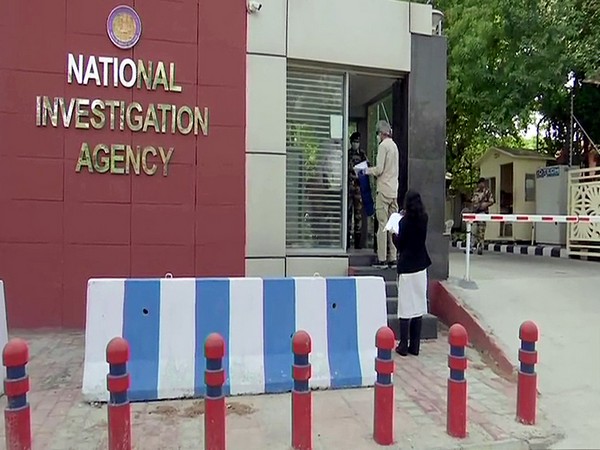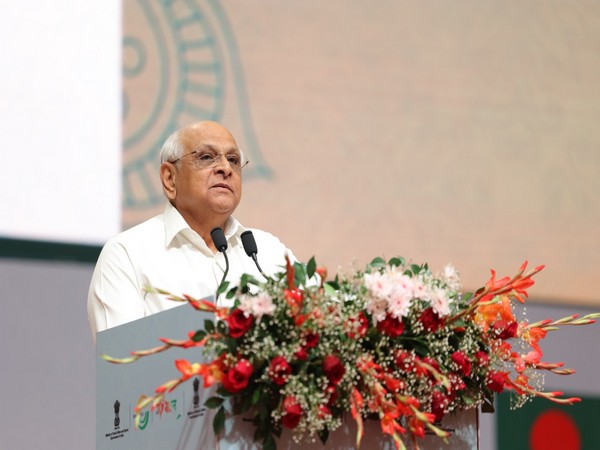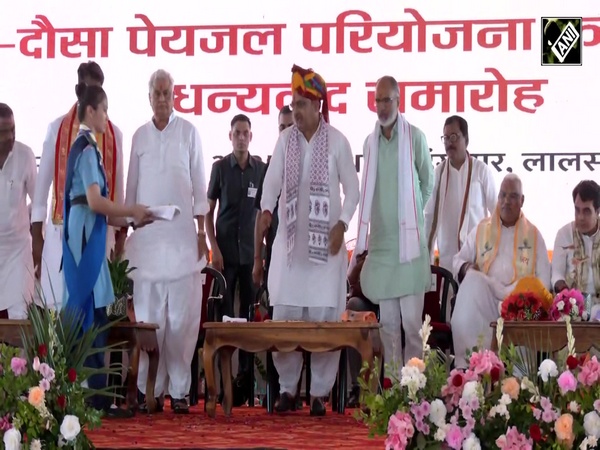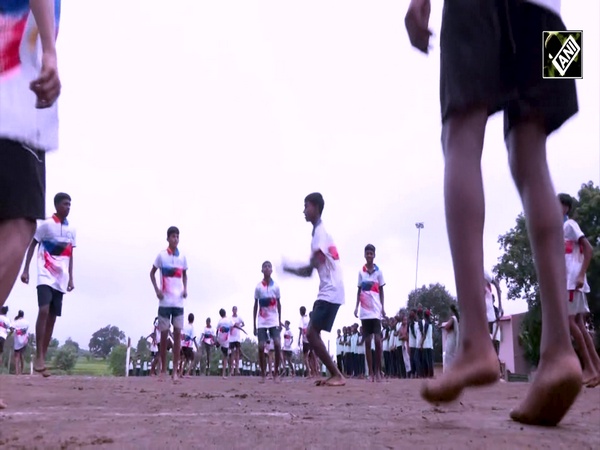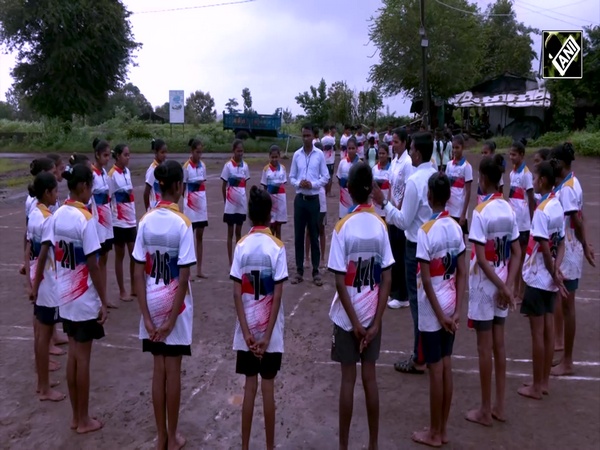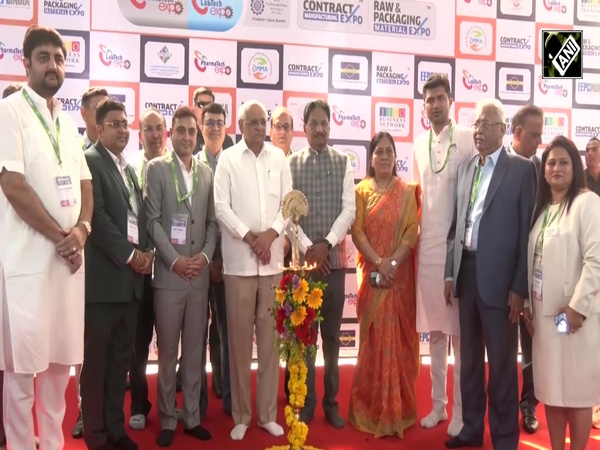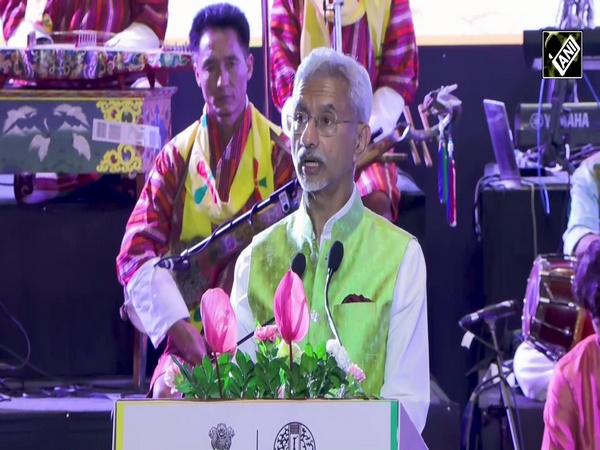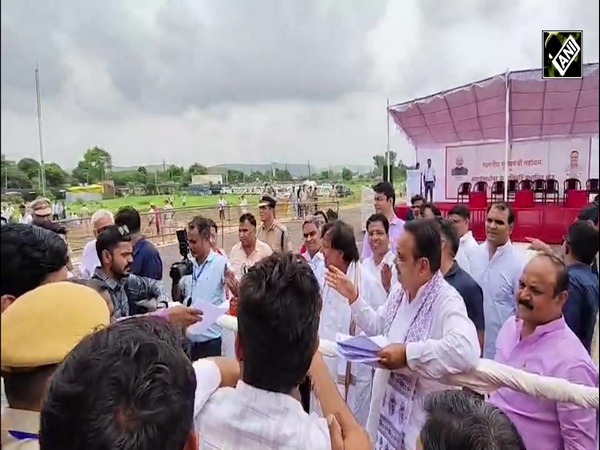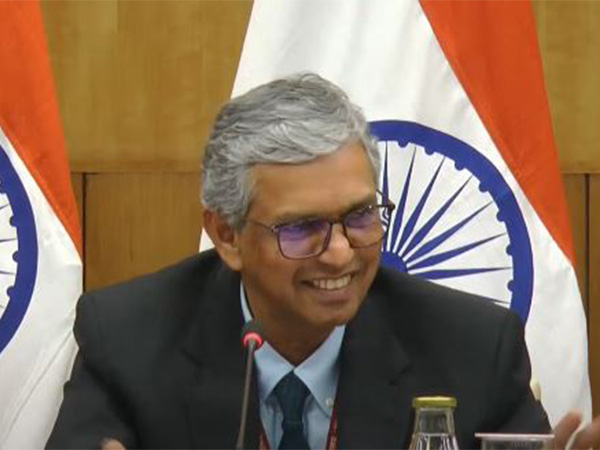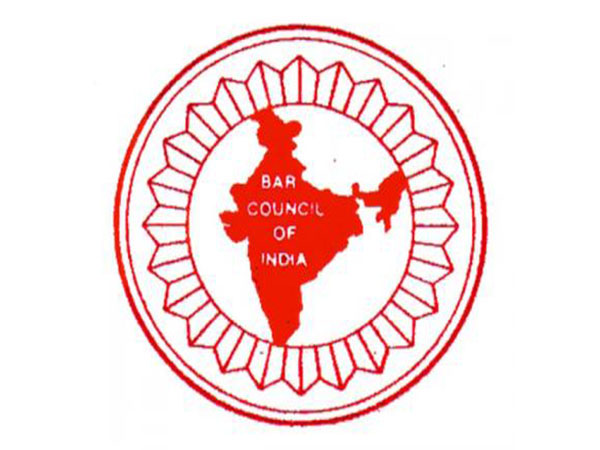
Bar Council of India flags unlawful tie-ups between Indian and foreign law firms
Aug 05, 2025
New Delhi [India], August 5 : The Bar Council of India (BCI) has issued a warning to the legal fraternity, flagging instances of unauthorised and unregistered collaborations between Indian and foreign law firms.
In a formal public circular, the BCI expressed deep concern over certain foreign legal entities entering into operational arrangements with Indian law firms without prior regulatory approval--arrangements which may amount to the impermissible practice of law in India.
According to the BCI, these combinations are often structured through Swiss Vereins, strategic alliances, joint branding exercises, or exclusive referral networks, which publicly present themselves as unified global legal platforms. The Council has made it clear that such models are not permissible unless formally registered under the Bar Council of India Rules for Registration and Regulation of Foreign Lawyers and Foreign Law Firms in India, 2023 (amended in 2025).
The BCI stated that any structure amounting to an "Indian-Foreign Law Firm" under Rule 2(vi)(b) and Rule 2(vii) of the Rules must be registered prior to engaging in any legal services that fall within the scope of law practice in India. This includes legal advisory, contract drafting, negotiations, and legal documentation.
The Council emphasised that merely changing the nomenclature or legal structure does not exempt such arrangements from Indian regulatory jurisdiction. Activities carried out under unified branding or co-servicing arrangements, even without a formal merger, can still qualify as the practice of law and thus fall under BCI's oversight.
The BCI reaffirmed the principles laid down by the Supreme Court in Bar Council of India v. A.K. Balaji & Ors. (2018), which held that foreign law firms and lawyers cannot operate in India either directly or through arrangements that attempt to circumvent legal restrictions. The ruling clarified that "what cannot be done directly cannot be done indirectly either."
The expression "practice of law" was interpreted broadly by the Court and not limited to courtroom representation. Any cross-border legal collaboration that involves substantive legal input affecting Indian clients or operations will fall within this definition.
In response to recent developments, the BCI has issued Show Cause Notices to the parties involved in such collaborations, directing them to submit detailed disclosures on structure, governance, and regulatory compliance. Non-compliance may lead to proceedings under the Advocates Act, 1961, including penalties and charges of professional misconduct.
The Council also warned that liability does not rest solely with the law firm as an institution. Partners, executives, and officers responsible for designing, implementing, or facilitating such arrangements may be jointly and severally held accountable.
While cracking down on illegal practices, the BCI reminded the public and the profession that it has already introduced a liberalised regulatory regime for the entry of foreign lawyers and law firms into India. However, this is limited to foreign and international law, and excludes any practice of Indian law or litigation, and requires mandatory registration.
